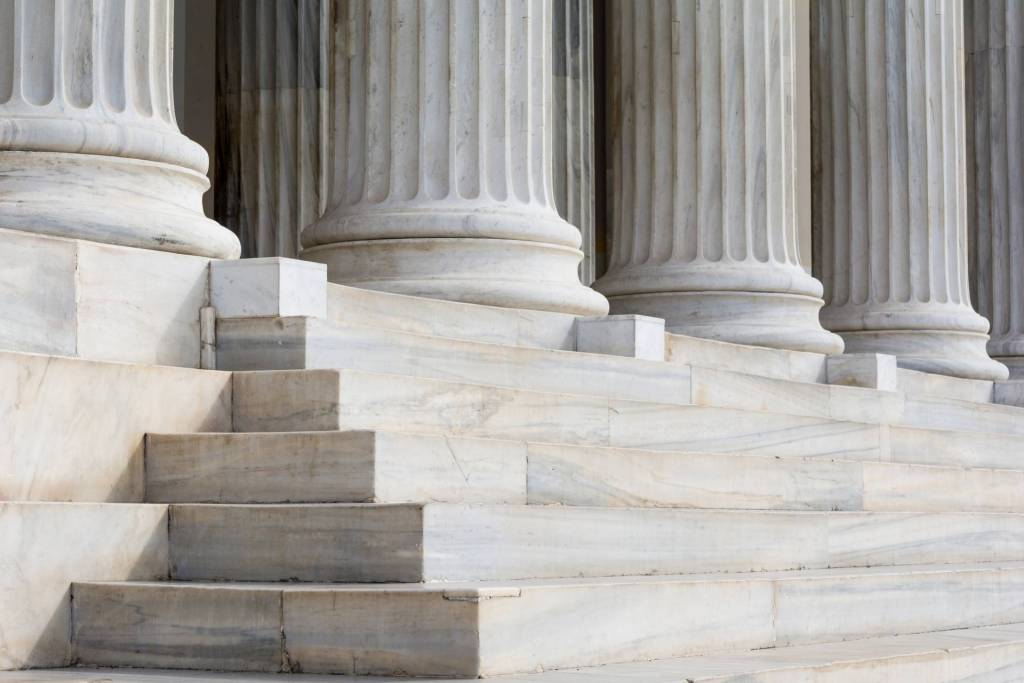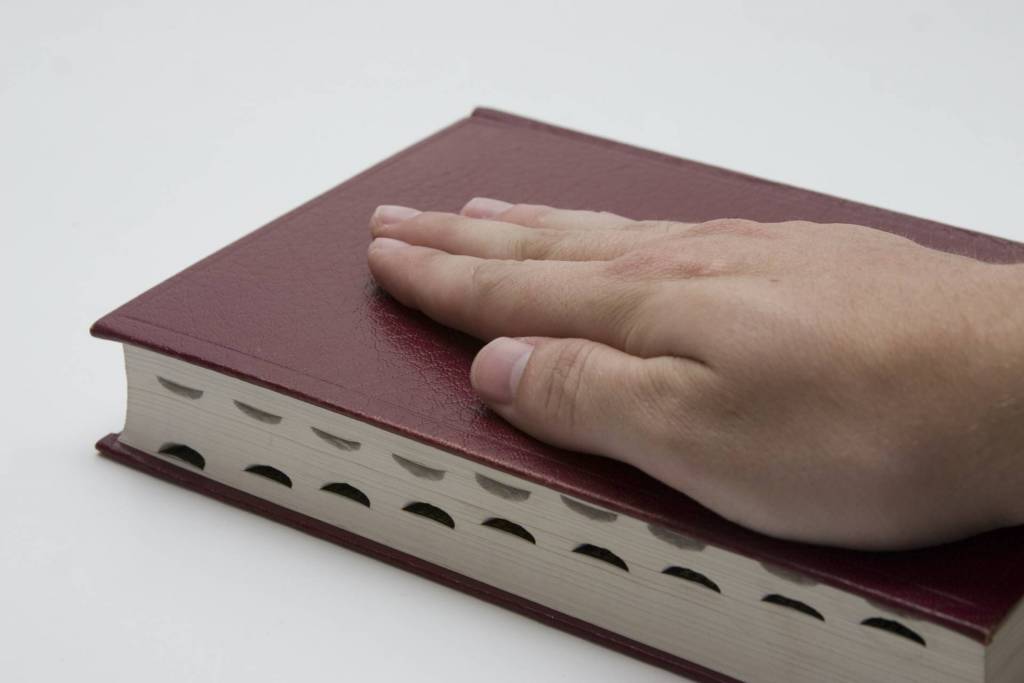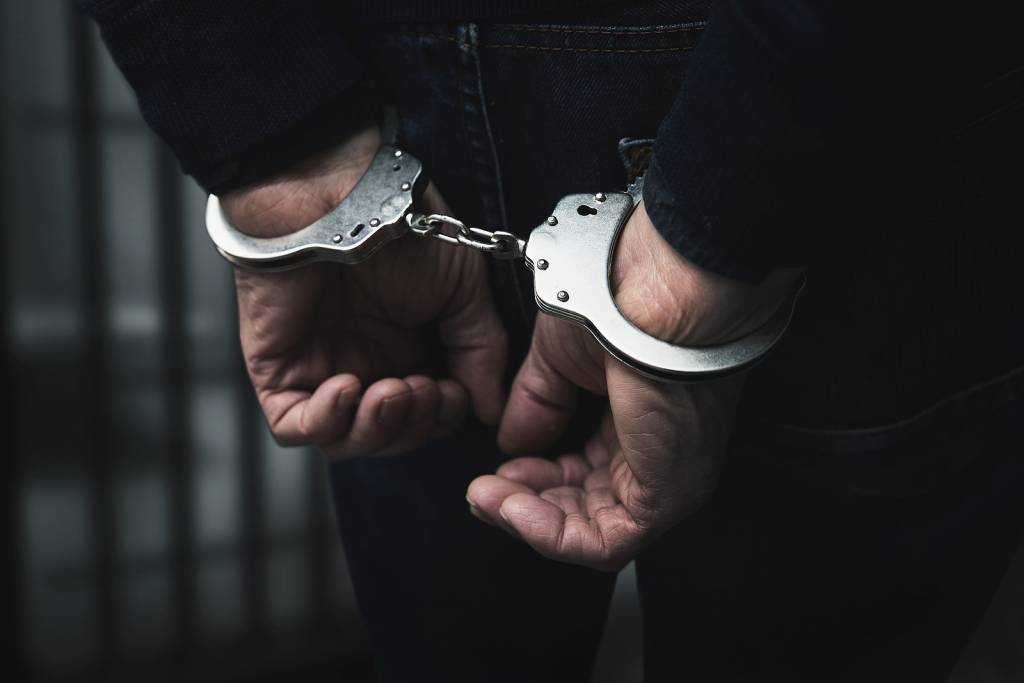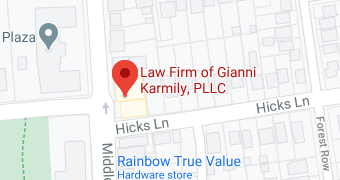When a judge declares a mistrial, the possibility of a defendant being released depends on the specific circumstances of the criminal case and the court’s discretion. Typically, a mistrial occurs when a hung jury cannot agree on a guilty or not guilty verdict and does not imply a defendant’s guilt or innocence. It preserves their rights under the double jeopardy clause, which prevents them from being tried twice for the same crime. Depending on the prosecution’s decision, this could lead to a new trial. In the following sections, Nassau County, Long Island criminal defense lawyer Gianni Karmily answers, “Is a defendant released after a mistrial?”
If you’re involved in a criminal case where a mistrial occurred, it’s important to act quickly to protect your legal rights and prepare for the next steps.
Schedule a confidential consultation with The Law Firm of Gianni Karmily to secure strong legal representation for a new trial. Reach out to the Great Neck location at (516) 630-3405 or the Hempstead location at (516) 614-4228 or fill out the online form.
What Does a Mistrial Mean?
In the criminal justice system, a mistrial signifies that the original trial has been invalidated due to factors that prevent legal procedures. A judge will declare a mistrial due to prosecutorial misconduct, juror misconduct, judicial misconduct, or significant procedural errors. Another common cause is jury deadlock, where the jury cannot make a unanimous decision.
In New York, after a mistrial is declared, the court does not automatically decide between a new trial or dismissing charges. Criminal defense lawyers may file a motion to dismiss the charges, but it’s ultimately the court and prosecution’s decision.
Double jeopardy prevents a person from being retried for the same offense after an acquittal or conviction, but a mistrial isn’t subject to double jeopardy protection since the first trial was technically not completed. If a mistrial is declared, double jeopardy prevents a new criminal trial in specific circumstances, such as when a fundamental error has occurred. In general, however, a mistrial allows for the case to be retried without violating the double jeopardy clause.
So, unless a judge declares a mistrial due to a fundamental error, the prosecution may pursue a new criminal trial or may offer a plea bargain to the defendant in order to avoid the uncertainty of another criminal trial.
In some cases, when courts declare a mistrial, this can prompt prosecutors to reevaluate the case and decide not to retry the defendant, leading to a complete dismissal.
Reasons for Mistrials in New York Legal Proceedings
A judge considers several factors before deciding to declare a mistrial in New York, particularly in jury trials. Common reasons a judge will declare a mistrial include a hung jury, where the jury is unable to reach a unanimous decision or serious procedural errors that prevented the defendant from having a fair trial.
Manifest necessity may also lead the court to declare a mistrial when external issues, such as juror illness, prevent the criminal trial from proceeding fairly.
When a mistrial is declared, it is typically because continuing would be ineffective or against the defendant’s legal rights, either due to manifest necessity, errors in legal procedures, or conduct that might prejudice the jury, such as prosecutorial misconduct.
Juror Misconduct or Jury Bias
Juror misconduct or jury bias are significant legal issues in jury trials that can undermine the trial’s fairness. When detected, the court must address these concerns promptly to maintain the integrity of the legal process.
If these issues are substantiated, they often lead to the dismissal of the affected jurors and can necessitate the selection of a new jury to ensure a fair trial.
Legal Error or Inadmissible Evidence
Legal error or the improper admission of inadmissible evidence can constitute grounds for a mistrial.
Such errors often involve prosecutorial misconduct, where evidence not meeting legal standards is presented to sway the jury unfairly. A fundamental error occurs when inadmissible evidence is likely to have influenced the jury’s decision, thereby undermining the defendant’s right to a fair trial.
The court must act decisively, often by ordering a new trial or excluding the problematic evidence from consideration.
Inability to Reach a Unanimous Verdict
During the trial process, the inability to reach a unanimous verdict, often referred to as a hung jury, can significantly impede judicial proceedings. This occurs when jurors fail to come to a collective agreement. The judge may declare a mistrial when a jury remains irreconcilably split.
This situation resets the trial process, allowing for the possibility of a new jury to review the case.
A Key Trial Participant is Unavailable
When a key trial participant becomes unavailable due to severe illness, the trial’s fairness can be significantly compromised. This unavailability can hinder the defendant’s ability to present a comprehensive defense or affect the prosecution’s ability to argue their case effectively.
In such instances, the court may find that the only viable option to ensure a fair trial is to declare a mistrial. A new trial may be scheduled, allowing both sides to present their cases fully when the essential participant can attend.
Issues With the Jury Selection Process
Issues with the jury selection process can lead to a mistrial if not handled with careful consideration and fairness. During the voir dire process, attorneys and the court assess potential jurors to ensure they can make informed decisions based on the evidence. However, if the voir dire process is flawed—such as if jurors have undisclosed biases or if discriminatory practices occur—this can compromise the fairness of the original trial. A failure in the voir dire process can prevent a just outcome, undermining the defendant’s right to a fair trial and may cause the court to declare a mistrial to correct the issue.
What Happens After a Mistrial For the Defendant?
After a mistrial is declared for the defendant, the prosecution must decide whether to pursue another trial. If the prosecution chooses to proceed, the court orders a new trial.
How a Mistrial Affects the Criminal Case in New York
In New York, a mistrial during a criminal trial typically halts the proceedings and requires a retrial. The mistrial indicates that the jury could not reach a unanimous verdict or that some procedural error occurred.
Consequently, the defendant is not convicted or acquitted, and the case returns to the court’s docket for a new trial. Defendants are protected from double jeopardy. They cannot be tried twice for the same offense. With the guidance of a skilled attorney, the defendant can prepare to mount their defense again in the new trial.
Additionally, the circumstances surrounding the mistrial can impact future proceedings and may necessitate adjustments in strategy by the prosecution and defense.
Conditions for Temporary Release During a Mistrial
During a mistrial, the court may consider granting the defendant temporary release, particularly if significant delays in the legal process are expected. The decision typically hinges on the nature of the charges, the defendant’s criminal history, and the defendant’s flight risk.
Bail or Bond: The court may require the defendant to post bail or bond as a condition of release. Both bail and bond serve as assurances that the defendant will comply with the conditions of their release and appear for the new trial proceedings.
Travel Restrictions: The purpose of travel restrictions is to ensure that the defendant remains available for future court appearances and does not flee the jurisdiction.
Regular Check-Ins: Regular check-ins serve as a means for authorities to monitor the defendant’s behavior and ensure they abide by any imposed restrictions, such as travel limitations or curfews.
Electronic Monitoring: Electronic monitoring allows authorities to monitor the defendant’s adherence to any imposed restrictions, such as curfews or geographic limitations.
Defendant’s Constitutional Rights During a Mistrial
The defendant’s constitutional rights during a mistrial are safeguarded by the double jeopardy clause in the Fifth Amendment. The provision against double jeopardy prevents the defendant from being tried twice for the same offense. If a mistrial occurs, whether at the prosecution’s or defendant’s request, the defendant’s rights remain intact.
The Supreme Court has affirmed the defendant’s right to a speedy trial, even in mistrials. While a mistrial may disrupt the trial process, it does not diminish the defendant’s constitutional rights or protections.
Presumed Innocent
Regardless of the circumstances of why a mistrial occurred, the defendant’s interests in receiving a fair trial and being presumed innocent until proven guilty are upheld. The defendant maintains this protection throughout the proceedings.
Legal Counsel
The defendant has the right to competent and effective defense counsel throughout the legal proceedings. Defense counsel plays a crucial role in advocating for the defendant’s rights, challenging the prosecution, and ensuring a fair trial.
Protection Against Self-Incrimination
The defendant is shielded from self-incrimination in court, as guaranteed by the Fifth Amendment. This is significant in mistrial situations, where the defendant’s testimony originally may have been subject to scrutiny. Additionally, double jeopardy protection ensures that the defendant cannot be retried for the same offense, further safeguarding their right against self-incrimination in New York.
Exceptions to Defendant Release After a Mistrial Occurs in New York
Flight Risk and Criminal History
After a mistrial occurs in New York, the court may decide whether the defendant should be released or remain in custody. If the prosecution can demonstrate that the defendant poses a significant flight risk, if the defendant has a criminal history, or if the defendant was charged with a qualifying offense, the defendant’s request for release can be denied.
Even though the mistrial is declared and the prosecution has not proven guilt beyond a reasonable doubt, the criminal justice system allows the court to hold the defendant.
Judicial Discretion
Judges have the authority to weigh various factors when making decisions about release once a mistrial is declared. Judicial discretion allows for flexibility in tailoring release conditions to the specific circumstances of each case, ensuring that the interests of justice are served while also protecting the defendant’s rights.
Legal Proceedings After a Mistrial
After a mistrial, legal proceedings typically revert to a pre-trial stage, with the previous trial deemed null and void. This resets the legal process, necessitating a new trial to determine the defendant’s guilt or acquittal.
New Criminal Trial or Complete Dismissal
When faced with the possibility of a new trial or complete dismissal of a criminal case, the defendant and their criminal defense team must carefully weigh their options.
If the previous trial resulted in a mistrial or was overturned on appeal, the prosecution may offer the defendant a plea bargain as an alternative to proceeding with a new trial. Alternatively, the prosecution may choose to dismiss the charges entirely.
For the defendant, accepting a plea bargain may involve admitting guilt to a lesser offense in exchange for a reduced sentence, avoiding the uncertainties and expenses of a new trial. However, if the defendant maintains their innocence, they may proceed with a new trial to secure a not-guilty verdict.
Double Jeopardy and Mistrials
The double jeopardy clause of the Fifth Amendment protects defendants from being tried twice for the same offense. However, in cases where a mistrial occurs, the application of double jeopardy can be nuanced. Generally, jeopardy attaches when the jury is sworn in a trial, and a mistrial declared before a verdict is reached does not constitute an acquittal or conviction. In such instances, the defendant can be retried without violating double jeopardy protections.
However, if jeopardy attaches and a mistrial is declared due to prosecutorial or judicial misconduct, the defendant may be protected from retrial under the double jeopardy clause.
What Determines the Retrial Decision?
The retrial decision should hinge on various factors aimed at ensuring a just outcome.
If a mistrial is declared due to a hung jury, meaning the jurors cannot reach a unanimous decision, the court may opt for a retrial to provide both the prosecution and the defense with another opportunity to present their case. Additionally, if legal issues or procedural errors arise that could prejudice the outcome, a retrial may be deemed necessary to uphold the principles of due process.
While a mistrial may prompt prosecutors to offer plea deals or find alternative solutions, the prosecution ultimately decides whether or not to proceed with a new trial, unless fundamental errors were the cause of the mistrial.
Strength of Evidence: The weight of the evidence can significantly impact the decision-making process of judges or juries, influencing whether a defendant is found guilty or acquitted.
Case Importance: Cases involving high-profile individuals, controversial issues, significant financial stakes, or cases with the potential to set legal precedents may attract widespread attention and scrutiny.
Witness Availability: Witness testimony may be crucial in establishing facts, corroborating evidence, or challenging the opposing party’s arguments. Adequate preparation and coordination between legal teams and witnesses are essential.
Hiring a Criminal Defense Lawyer for Retrial After a Mistrial in New York
A skilled criminal defense attorney can provide invaluable guidance and advocacy. With their knowledge and experience, defense lawyers can thoroughly assess the circumstances leading to the mistrial, identify legal issues, and formulate effective strategies for the new trial.
Call an Experienced Criminal Defense Attorney at the Law Firm of Gianni Karmily Today
Nassau County, Long Island criminal defense attorney Gianni Karmily is a dedicated advocate committed to providing skilled legal representation. If you or a loved one are facing criminal charges, trust Mr. Karmily’s dedication to protecting your rights and pursuing the most favorable outcome.
For trusted legal counsel, contact the Great Neck location at (516) 630-3405 or the Hempstead location at (516) 614-4228 or fill out the online form.









